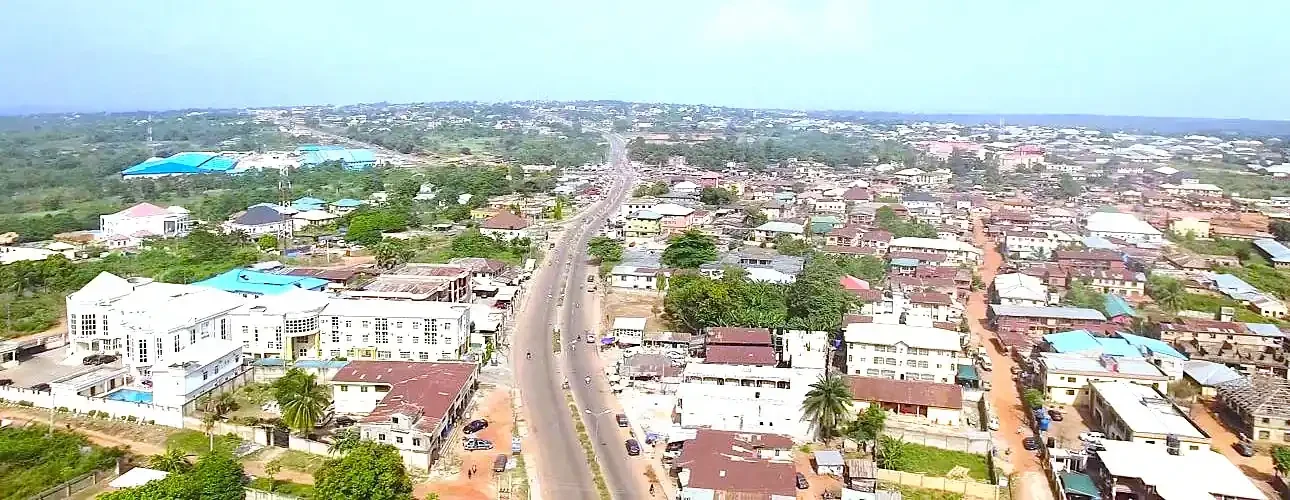Explore Edo North: Culture, Heritage, and Progress

Primary Sch.
Secondary sch.
Health facilities
Agro
Minerals Tons
Population
Square Km
L.G.A
Edo North Wards
Ojirami Dam
Local Government Areas
Understanding Our Communities
Explore the Numbers Behind Our Communities
Access detailed regional data on education, healthcare, resources, and development trends across Edo North. Download and discover the facts that inform policy and progress.
Agriculture, Trade, and Solid Minerals
Economic Activities & Natural Resources
The economy of Edo North is largely driven by agriculture, trade, and natural resource exploitation. The region is known for producing crops such as yam, cassava, maize, and rice. Markets like the Auchi and Agenebode markets serve as major trading hubs for both local produce and consumer goods. The region is also rich in solid minerals such as limestone, marble, and granite, with artisanal mining being a source of livelihood for many. These natural endowments hold vast potential for sustainable economic development.
Tourism in Edo North
- Ososo Tourist Centre
Nestled in Akoko-Edo LGA, Ososo is renowned for its scenic landscapes, granite hills, and cool climate, making it a favored spot for nature enthusiasts and hikers. - Somorika Hills
Located near Igarra, these hills are part of the Kukuruku Range and offer panoramic views, unique rock formations, and opportunities for eco-tourism. - Lampese Crocodile Lake
Situated in Lampese, this natural lake is home to crocodiles and is surrounded by lush vegetation, attracting both tourists and researchers. - Edegbake and Oghodoghodo Caves
Found near Fugar in Etsako Central LGA, these prehistoric caves are believed to have been ancient dwellings and are significant for archaeological studies. - Ukhuse Oke Footprints
Near the town of Ukhuse, these mysterious human-like footprints embedded in granite rocks are a subject of local legends and attract curious visitors.
Cultural and Historical Sites
- Igarra Traditional Architecture
Igarra is known for its unique stone buildings and traditional architecture, reflecting the cultural heritage of the Afemai people. - Annual Festivals
- Ososo Carnival: Celebrates the town’s culture with music, dance, and parades.
- Igarra Festival: Showcases traditional rites, dances, and communal activities.